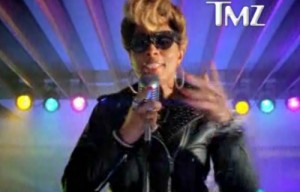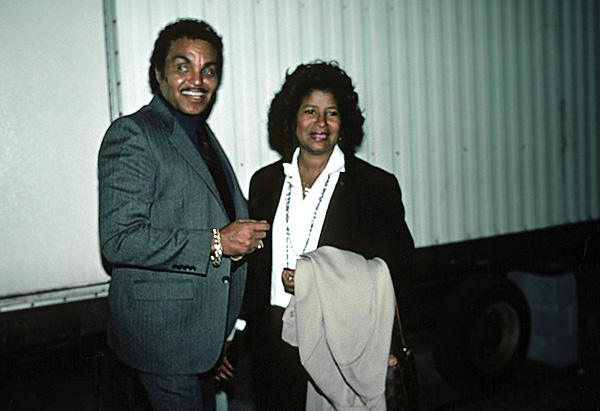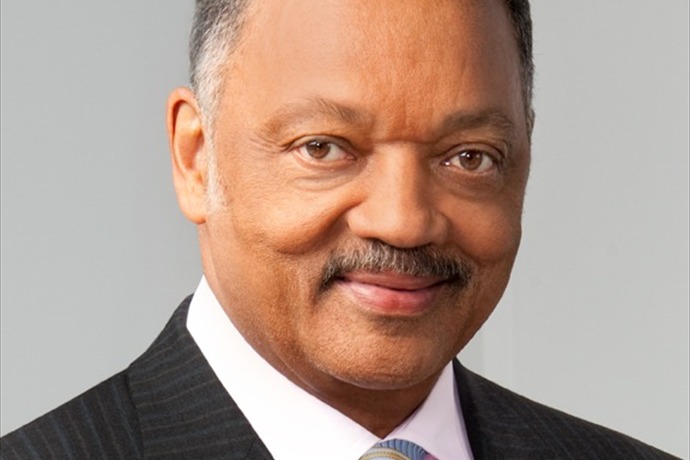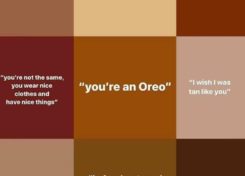 A few years ago, during an episode of his Emmy-Award-winning and outrageously funny talk show for HBO , actor and comedian Chris Rock featured “The Progress Report,” a fictitious flow chart measuring how far black people moved in society based on the actions of fellow citizens and celebrities. The better the outcome, the closer we moved to “Being There,” and for every mishap … you get the idea.
A few years ago, during an episode of his Emmy-Award-winning and outrageously funny talk show for HBO , actor and comedian Chris Rock featured “The Progress Report,” a fictitious flow chart measuring how far black people moved in society based on the actions of fellow citizens and celebrities. The better the outcome, the closer we moved to “Being There,” and for every mishap … you get the idea.
Since this is a family paper, I can’t quote his points verbatim. But the way we zigzagged up and down the chart as Rock contrasted each high (Jesse Jackson’s historic presidential bid, Mae Jemison’s trip to the moon) with each low (Marion Barry smoking crack while serving as D.C.’s mayor, Lil’ Kim half-dressed at multiple award ceremonies), was as honest as it was hilarious.
Is there an actual chart or a National Black Progress Association? Probably not, but it is all too real that certain actions — such as playing into tacky stereotypes — can set us back and negate the accomplishments that our peers have struggled to achieve.
We’re not unable to laugh at ourselves or acknowledge the grains of truth that some stereotypes possess. If that were the case, Rock and other comedians would be employed elsewhere. Instead, they fill concert halls with multiracial crowds that laugh uproariously at authentic stand-up routines about the hard-knock life (“We slept six to a mattress in a toddler bed!”), take-no-mess parenting tactics (“Call 911 on me and you won’t even make it to the nine!”) and family members who could have reality shows (“Big Mama, Cousin Luther and my great-half-uncle Pookie Ray”).
But other stereotypes are so trifling and tired that, after being reminded of their prevalence, I find myself checking to make sure the calendar still reads 2012.
For example, examine the recent Burger King/Mary J. Blige Snack Wrap Situation, which attempted to tap the Grammy-Award-winning performer’s name recognition and urban appeal to sell — wait for it — Crispy Chicken Snack Wraps. (I guess ad execs didn’t think we black folks would eat any other menu items.)
If you haven’t witnessed the degrading debacle, type in “Mary J.Blige Burger King Commercial” on YouTube and watch her cool points diminish as she sings the ingredients for delighted BK diners: “What’s in the new chicken wraps? (Cue generic hip-hop beat.) “Crispy chick-en, fresh lett-uce, three chee-ses, ranch dressing, wrapped up in a, tas-ty, flour tor-tilla …”
Are you cringing yet?
After earning a universal “aw HELL naw!” from the African-American community, Team MJB went into damage control mode to shore up her sullied image. Burger King yanked the spot because of a “music-licensing issue” (riiiiiight), and Blige released a statement about the ad being “unfinished” and distributed without her final approval.
Many of her fans, including me, will give Blige a pass for her outrageous error in judgment. But others may never forgive the fact that a respected and successful black woman overcame stereotypes, used her gift of song to transcend an impoverished and dysfunctional lifestyle, and then embodied three of the worst clichés for a paycheck: “Loud and Sassy Black Chick?” Check. “Dancing For Dollars?” Check. “Crooning For Chicken?” Check.
As any savvy advertising executive knows, it’s all about images and execution. If the commercial had portrayed Blige pulling up to the drive-thru window to order a snack wrap with one of her many hits bumping in the background, that would’ve been a good look. But when those who should know better allow the exploitation of their image and perpetuate the ignorant, preconceived notions of others, we will never, ever “Get There.”
With or without Rock’s helpful flow chart.
Lorrie Irby Jackson is a Briefing columnist. Email her at lorrie.irby@gmail.com.




